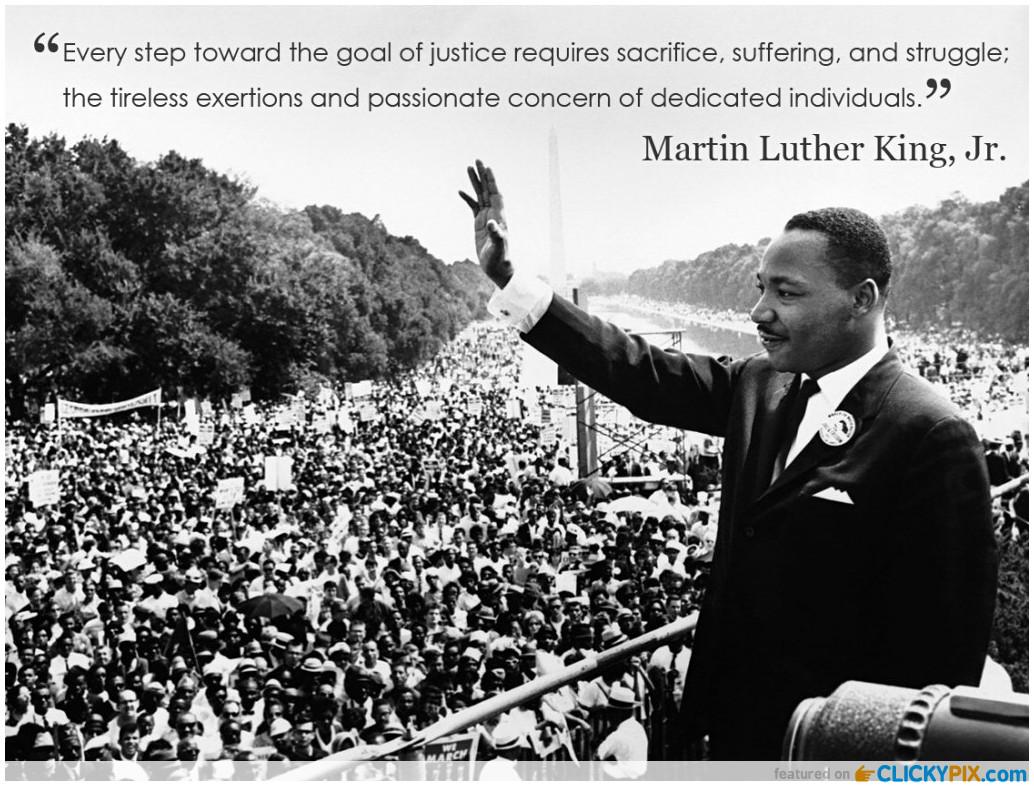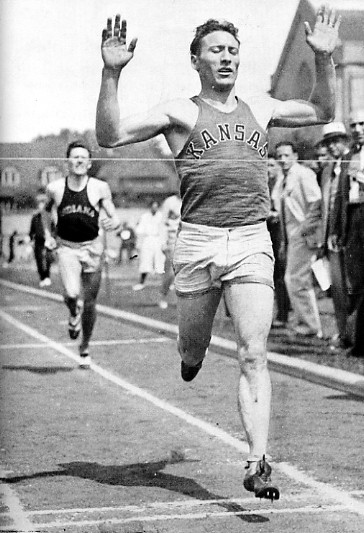"Desire, faith and persistence can propel one to great heights if one an suppress negative thoughts and focus on long term goals." (Napoleon Hill)
Entrepreneur and philanthropist Andrew Carnegie challenged a young Napoleon Hill to interview 500 self-made millionaires (Thomas Edison, Henry Ford) to find out what their secret to success was. The purpose of the assignment was not so much to find out how these successful businessmen made their money, but what made them tick. The result was Think and Grow Rich, the entrepreneur's bible, a book which sold 5000 copies in the first six weeks and over 100 million copies as of 2015.
1. Burning Desire: You have to want to achieve your goal more than anything else.
"Wishing will not bring wishes, but desiring wishes with a state of mind that brings an obsession, then planning ways and means to acquire riches, and backing those plans with persistence which does not recognize failure, will bring riches."
When my husband and I decided to adopt a baby, I was on a mission. Nobody could stop me. I put blinders on. I blocked out all of the horror stories I had heard about couples not getting babies and I focussed on the success stories. I prepared myself by attending workshops and retreats and reading books about the subject. After seven months on Beginnings Adoption Agency list, we had a bouncing baby boy.
2. Faith: Believe in yourself!
"Riches begin in the form of thought. The amount is limited only by the person in whose mind the thought is put into motion. Faith removes limitations!"
As Henry Ford once said: "Whether you think you can or you think you can't, you're right." If you don't believe in yourself, no one else will. When we were waiting for a baby, I saw successful adoptive couples and said: "If they can do it, so can we!"
3. Auto-suggestion: Use affirmations to reach your goal.
"Your ability to use the principle of auto-suggestion will depend, very largely, upon your capacity to concentrate upon a given desire until that desire becomes a burning obsession."
Send your subconscious mind phrases which support your goal. Repeat aloud positive mantras. In an effort to find a baby to adopt, I handed out over 400 business cards. My networking led me to an elderly man at the local pool. Every time I saw him, he would say: "Linda, I'm going to show up at your door on Christmas Eve with a bundle of joy in my arms." That was a daily affirmation. I'm sure it helped my confidence. The man at the pool proved to be a prophet: two days before Christmas Eve, we brought home our baby boy.
4. Specialized Knowledge: Gain experience and continue learning.
"Successful men, in all callings, never stop acquiring specialized knowledge related to their major purpose, business or profession. Those who are not successful usually make the mistake of believing that the knowledge acquiring period ends when one finishes school."
Signing the adoption papers was not the end of our adoption journey. Rob and I take it one year at a time. There is no manual about open adoption to follow. As a baby, Thomas heard the world "adopted". As a five year old, we told him who his birthparents were. As a high school graduate, his birthparents came to his ceremony. Thomas will always have a relationship with his birthparents.
5. Come up with ideas and visualize your success.
"Whoever you are, wherever you may live, whatever occupation you may be engaged in, just remember in the future, every time you see the words 'Coca-Cola', that its vast empire of wealth and influence grew out of a single idea."
I used to visualize myself holding a baby.
6. Organized Planning: Take Action
"Opportunity has spread its wares before you. Step up to the front, select what you want, create your plan, put your plan into action, and follow through with persistence."
Friends from our old church were given a baby boy to adopt, only to have the baby taken away after 3 or 4 days once the birthmother changed her mind. They were devastated. But they got right back on the horse and soon after adopted a healthy baby girl.
7. Decision: Defeat procrastination with decisiveness
"People who fail to accumulate money, without exception, have the habit of reaching decisions, if at all, very slowly, and of changing these decisions very often."
It took me nine months to potty train Thomas. He was forever in pull ups. I wasn't messing around with my second child. Jacqueline went right into underwear and was potty trained within a week.
8. Persistence: Don't stop until you get what you want.
"Riches do not respond to wishes. They respond only to definite plans. backed by definite desires, through constant persistence."
My sister was required to run a mile in 8 minutes as part of getting a Physed degree at McMaster University. She was in top physical condition, working at Lady Fitness at the time, but she couldn't run against a clock. She tried for three years, but failed, and was kicked out of the program. Two years later, she was offered re-entry into the program if she succeeded. She trained for six months with a trainer and made the run in 7 minutes, 50 seconds. Today, she has her B.A. and B.Ed.
9. Power of the mastermind: Surround yourself with the best.
"A group of brains, co-ordinated in a spirit of harmony, will provide more thought energy than a single brain, just as a group of electric batteries will provide more energy than a single battery."
You tend to become like those you surround yourself with.
10. The Mystery of Sex Transmutation: Choose a compatible partner.
"Sex desire is the most powerful of all human desires. When driven by this desire, men develop keenness of imagination, courage, willpower, persistence and creative ability unknown to them at other times."
Behind every good man is a good woman.
11. The Subconscious Mind: Master positivity and dismiss negative emotions
"Positive and negative emotions cannot occupy the mind at the same time. One or the other must dominate. It is your responsibility to make sure that positive emotions constitute the dominating influence of your mind."
Read the bestseller The Power of Positive Thinking by Norman Vincent Peale.
12. The Brain: Associate with other smart people and learn from them
"Every human brain is capable of picking up vibrations of thought which are being released by other brains."
13. The Sixth Sense: Trust your gut.
"No matter who you are, or what your purpose is in reading this book, you can profit by it without understanding the principle described in this chapter."
Always trust your instincts. They are usually right.





























